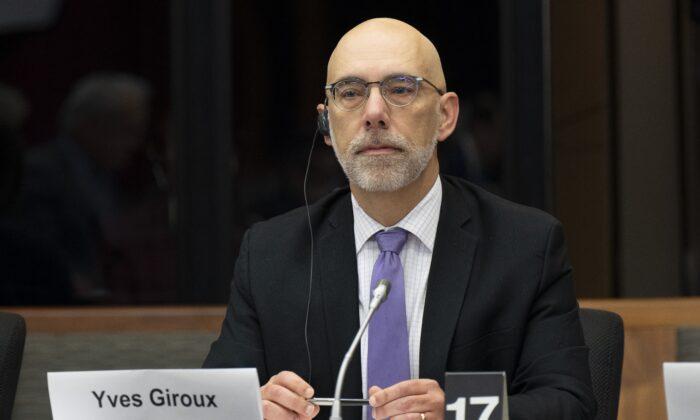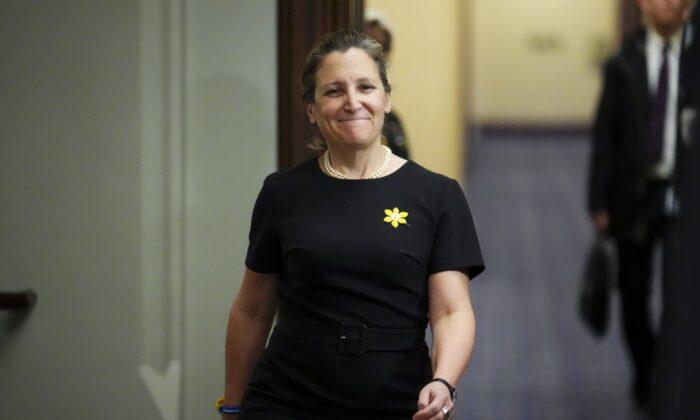U.S. Trade Representative Katherine Tai yesterday expressed concern to Canada’s International Trade Minister Mary Ng about the Liberal government’s pending internet regulation legislation for fear it could “discriminate” against American businesses if passed.
“Ambassador Tai expressed concern about Canada’s proposed unilateral digital service tax and pending legislation in the Canadian Parliament that could impact digital streaming services and online news sharing and discriminate against U.S. businesses,” the press release said.
The act would amend the Broadcasting Act to grant the Canadian Radio-television and Telecommunications Commission (CRTC) power to regulate the content available to Canadians through online streaming platforms like Netflix and YouTube. The bill’s stated objective is to promote Canadian content and culture for viewers within the country.
Streaming Giants
A number of the online streaming giants that would be affected by Bill C-11 have petitioned the Canadian government to amend the pending legislation as it now stands.Executives from digital media companies wrote a letter in September to the Senate committee reviewing the legislation to seek extensive consideration of the bill.
“Bill C-11 attempts to impose a system of regulation that is designed for traditional broadcasters onto streaming services,” DiMA wrote. “Imposing this antiquated system onto innovative streaming services in an era of consumer choice, where there are no gatekeepers to content as there are in the broadcasting context, is the wrong approach.”
However, Heritage Minister Pablo Rodriguez has maintained that the bill is not meant to give the CRTC power to regulate individual social media creators and the content they generate, but only to compel digital platforms to promote Canadian content for viewers in the country.





